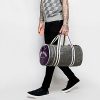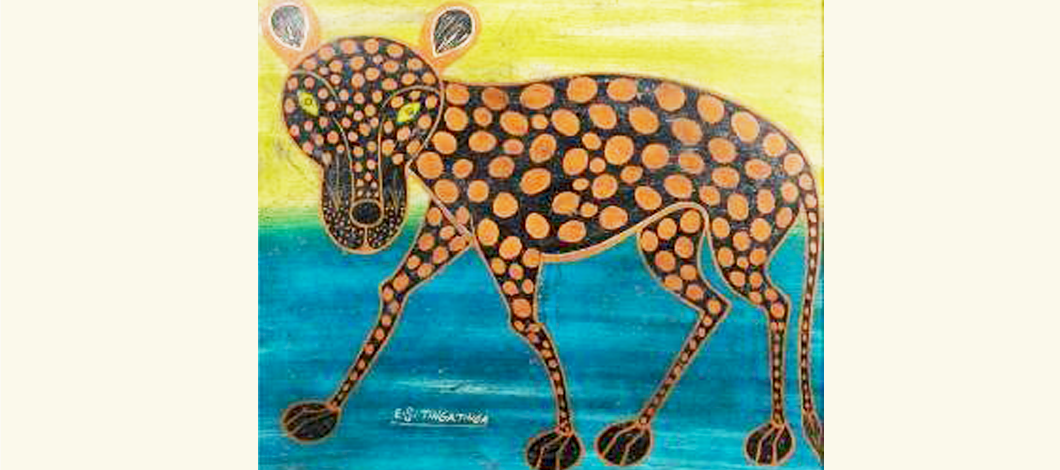
‘When it rains on one person it drips on us all.’ — Ethiopian proverb
In the five months my daughter has been learning to talk, she has learnt the word rain but not the word shower (or, for that matter, flush).
At least every afternoon, rain falls on us hard and fast with a dramatic storm that lasts well into the evening. Often, we wake to the sound of gushing pipes outside our window and a steady drizzle that will clear steamily with the heat of the mid-morning sun.
The water coats the side passages with slime more perilous than a banana peel and it gives thick, dark moss a leg up the concrete foundations of our mud-walled home. It carries dog poo away from the house in fast channels. It sends rats squealing from their holes in search of a dry space among the teff bags, burnt-bottom saucepans and dusty cardboard boxes in the service kitchen.
Most days, when the rain starts, the electricity stops. And for no obvious reason, it won’t come back until half-a-day later. It’s a constant anxiety to stay one kettle and two or three meals ahead (with a cold option) so that we have coffee, lunch and dinner.
The rainy season also brings with it waterborne diseases – cholera, typhoid, giardia and all the other things that are lumped together as ‘Acute Watery Diarrhoea’. In a city with a very old sewerage system straining under the weight of unprecedented development, streets turn to brown slush, carried from neighbourhoods that don’t have septic tanks or sewerage lines to overflow anyway.
On the flip side, it’s thanks to the rain – and an army of plastic buckets under every gutter, down pipe and drop sheet in our compound – that we’ve been able to wash our hands and flush the toilet for the last five months.
This year, our municipality decided to turn the taps off . And no amount of petitioning at the government offices has garnered an explanation, let alone a commitment on when they might turn them back on.
We live day-by-day, under bucket showers, with fools’ hope.
There are spider webs with comfortable, fat spiders in our shower box; we wash hair with boiled water about once a week; and there are more than a few days in a month when I won’t wear underwear because we just don’t have the water to wash them in.
Beautifully organic, good-for-the-planet cotton nappies were at best, aspirational, and at worst, a pile of stale urine in a corner waiting to be hand washed. Had we bought the washing machine as planned at the beginning of the year, it would still be sitting comatose in its packaging in some mouldy backroom, waiting for a bubble of water to bring it into the world.
We’re lucky on those nights when, somewhere between midnight and 2am, they’ll let some water through the main pipes. But it’s never enough to reach the pump and the fiberglass tank we have on stilts at the back of the house to fill the faucets and the boilers. We collect it by hand with more buckets in the darkest hours of the morning for when the sun comes up again.
We keep thinking the water will come – and get used to making do. We’ve become very good at using very little and more attuned than ever to the movements of the heavens; black clouds, a shift in wind direction, thunder over Entoto mountain.
But my daughter hasn’t had a shower in our house since we moved back to Ethiopia eight months ago.
I write this as my home state in Australia is experiencing one of its worst droughts ever: The land is burnt, livestock are dying, farmers are in extreme debt and despair in whipping dry dust storms. And I feel guilty.
Here in Ethiopia, it’s raining on us all but we ain’t getting one drop.








